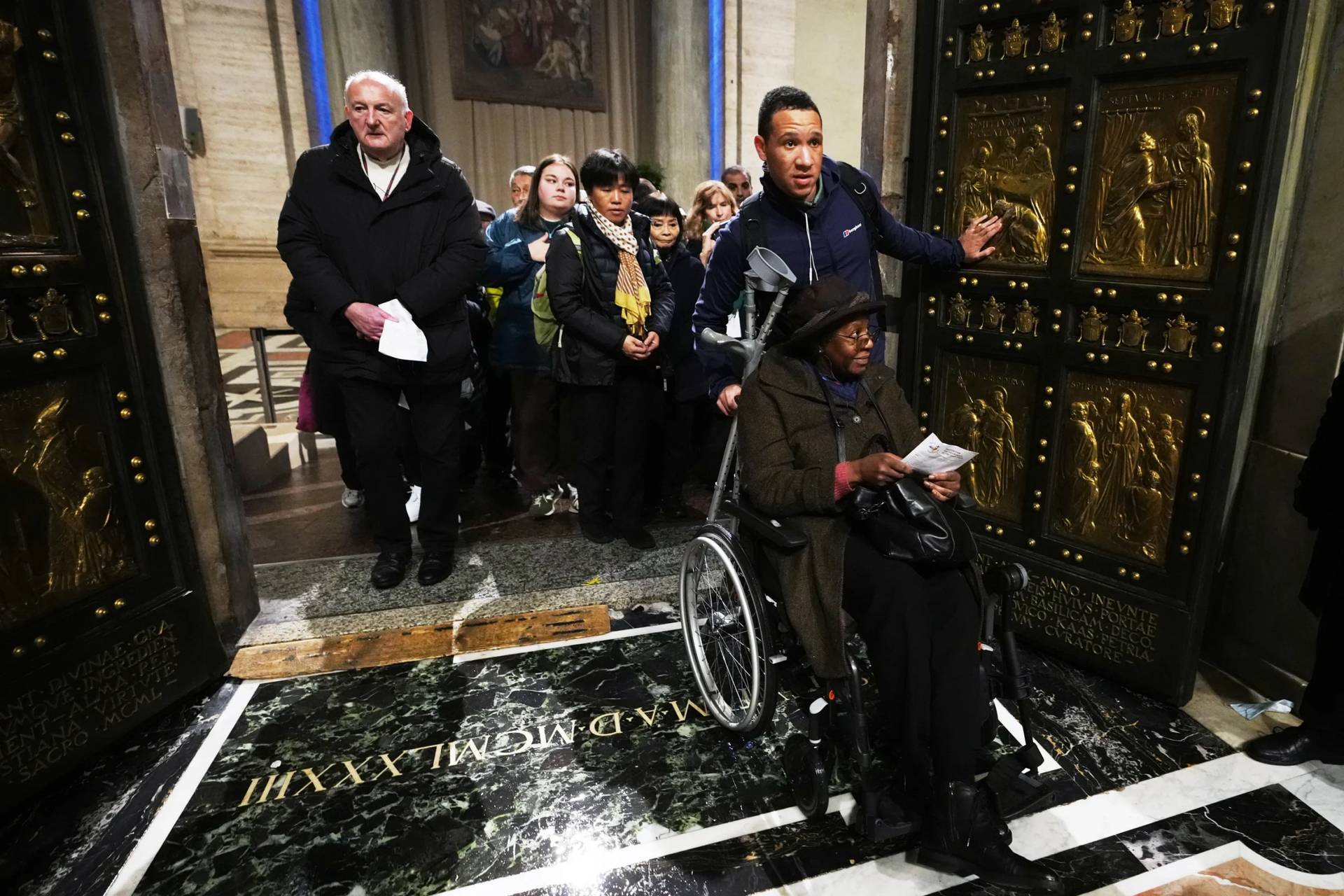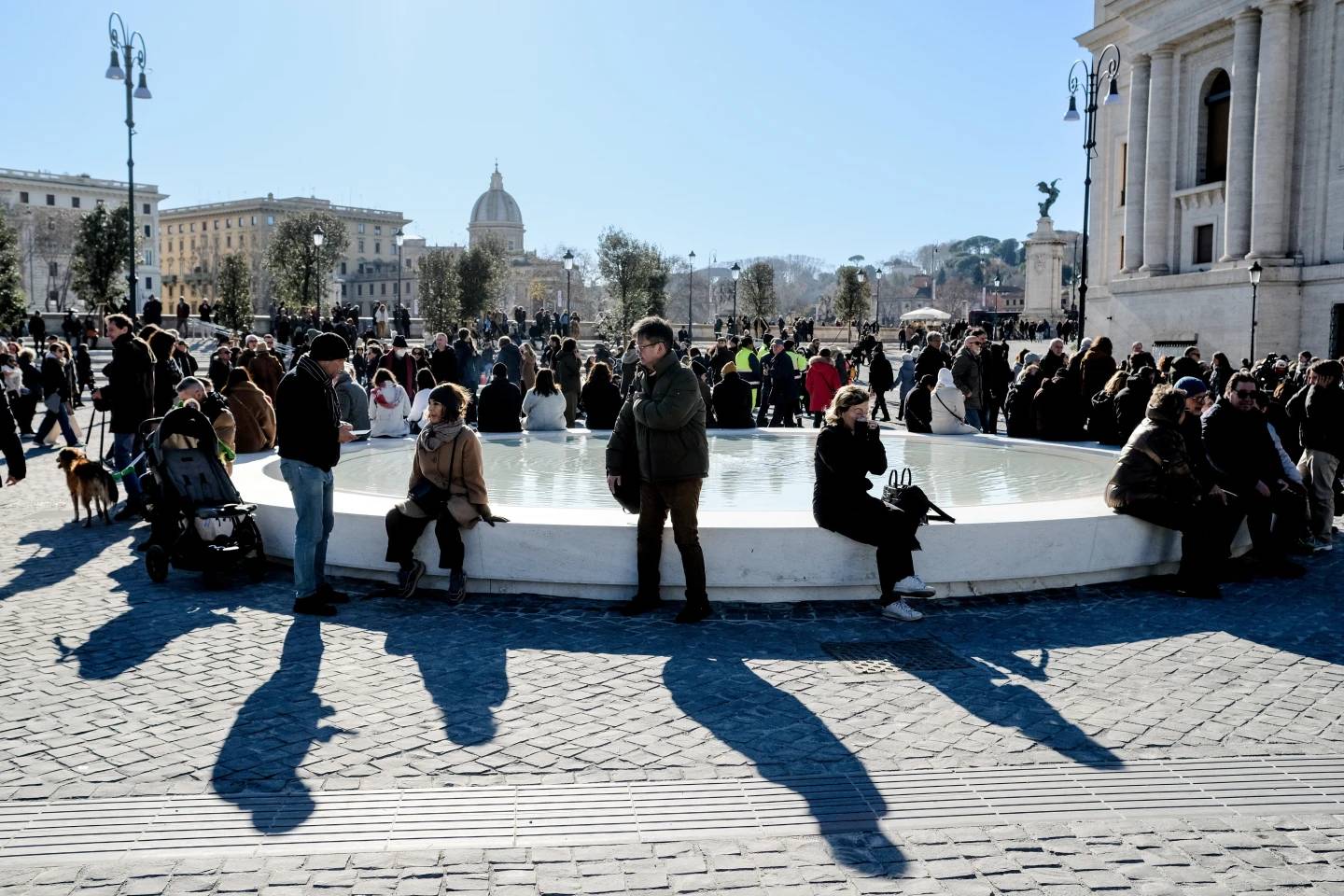VATICAN CITY — In his first speech to lawmakers, Italy’s new prime minister, Mario Draghi, cited Pope Francis’ words regarding humanity’s failure in caring for the environment.
Addressing the lower house of the Italian parliament Feb. 17, Draghi laid out his plan for guiding Italy through the COVID-19 pandemic, as well as the post-pandemic challenges the country will inevitably face, including climate change.
Not only has global warming had a “direct effect on our lives and our health,” the land that “mega-cities have taken away from nature could have been one of the causes of the transmission of the virus from animals to humans,” he said.
“As Pope Francis has said, ‘Natural tragedies are the Earth’s response to our mistreatment. If I ask the Lord now what he thinks, I don’t think he will tell me something very good. We are the ones who have ruined the work of the Lord!'” Draghi added.
The papal quote was taken from a general audience talk given by Pope Francis in April 2020 to mark the 50th Earth Day, which was established in 1970 to raise public awareness and concern for the environment and its impact on people’s health and all life.
Draghi’s premiership came after Italian President Sergio Mattarella chose him to form a new government after former Prime Minister Giuseppe Conte failed to secure a parliamentary majority.
The political shake-up, which came about after Matteo Renzi, an Italian senator who served briefly as prime minister from 2014 to 2016, withdrew his Italia Viva party from the coalition government after disagreeing with Conte’s spending plan to respond to the financial crisis due to the COVID-19 pandemic.
Nevertheless, the president’s choice of Draghi as the new prime minister was welcomed by many who viewed the renowned economist as a good choice to lead Italy out of a devastating recession.
Dubbed “Super Mario” by the Italian press, Draghi — who served as president of the European Central Bank from 2011 to 2019 — is largely credited with saving the euro during the European debt crisis when several EU member states were unable to refinance their government’s debts.
Born in Rome in 1947, Draghi is a Jesuit-educated Catholic who was also named by Pope Francis as a member of the Pontifical Academy for Social Sciences in July 2020.
In an interview Feb. 13 with Adnkronos, an Italian news agency, Jesuit Father Antonio Spadaro, director of the journal La Civilta Cattolica, said Draghi brings a “refined balance” at an “extremely delicate time” in the country.
While political differences led to Draghi’s ascent, Spadaro expressed his belief that the new prime minister’s government will maintain the common good of the country as its primary objective, “beyond individual ideological positions.”
“It is a peculiar solution for a very peculiar situation,” he said.















